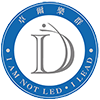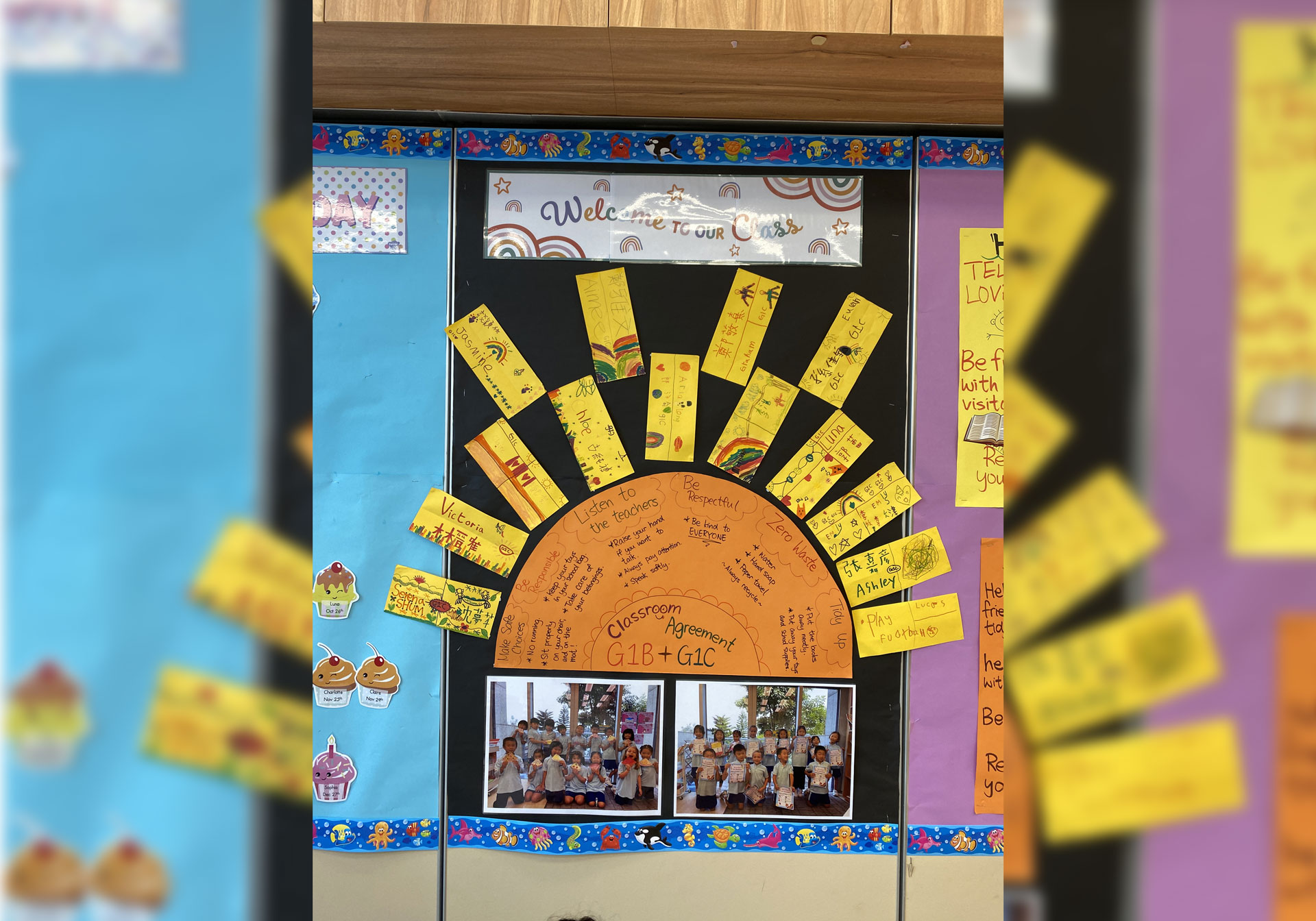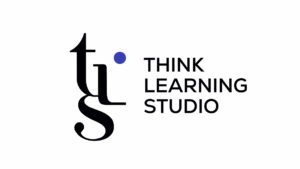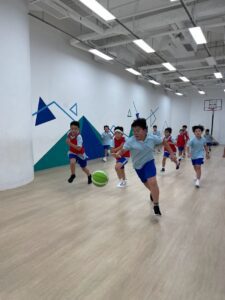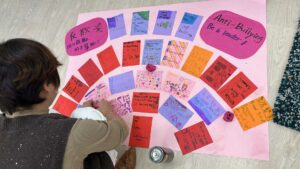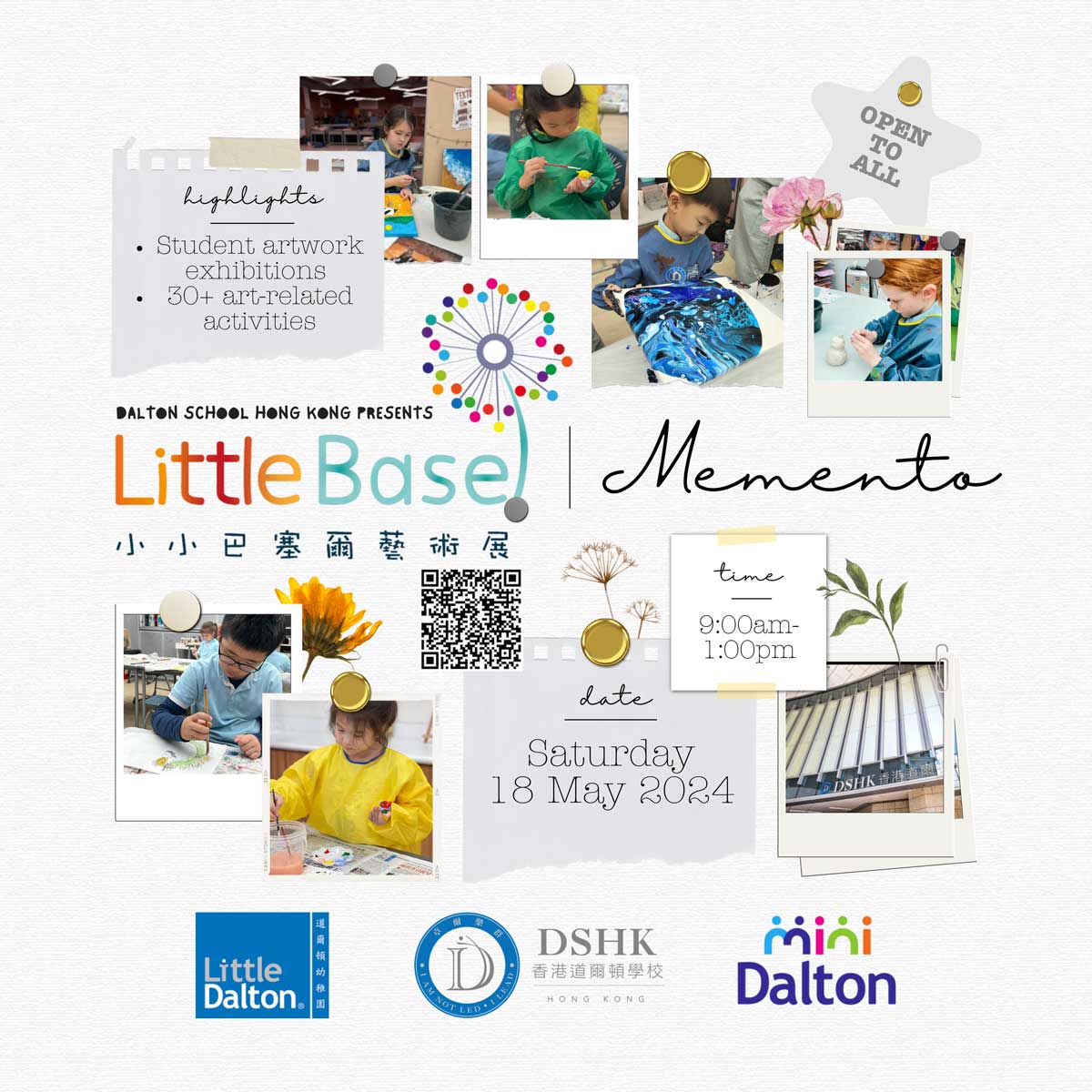In 2011, researcher Joseph Durlak drew attention to social emotional learning when his research revealed that students engaged in SEL programs boosted their overall academic performance by 11 percentile points. Last year, he teamed up with Yale professor Christina Cipriano to expand the study, which integrated 424 studies involving over half a million K-12 students. The results are in and very clear: students who participated in SEL programs experienced “improved academic achievement, school climate, school functioning, social emotional skills, attitudes, and prosocial and civic behaviors.” Thus, social emotional learning is not in isolation; instead social emotional and academic learning go hand-in-hand.
How is DSHK explicitly addressing Social Emotional and Academic Learning?
SEL Development in the Timetable: DSHK incorporates a weekly Character Development class, as well as morning and afternoon SEL community time in House. These are dedicated times of the week for students to explicitly learn about our Chinese values and Character Competences. During character development time, students may engage in realistic scenarios, read texts about relevant social situations, and engage in class projects where they apply their social emotional and academic learning to help others.
Assessment: What you assess communicates what you value. Therefore, at DSHK we assess students’ progress in social emotional learning. We use a comprehensive screening system, DESSA, that helps us identify areas of strength and need for each child. When students show an area of need, we use in-classroom and out-of-classroom strategies, facilitated either by teachers or our guidance counselor, to teach specific skills.
Mindfulness: Throughout the day, students are able to take various forms of mindfulness or “brain breaks.” In lower primary, one of our favorite ways to do this is with Break-it-Kids. This program takes students through a 10 minute sequence of firing up, focusing, and cooling down. This process helps students reset their bodies and minds so that they are able to better focus during the rigorous academic time.
Classroom Management and Environment: Crucial to social emotional development is the classroom climate, and DSHK takes an agency and strengths-based approach to classroom management and environment. In our classrooms, students have voice in shaping the classroom rules/agreements. We teach into the behaviors we want to see versus calling out the negative behaviors. We believe in accountable conversations that maintain the dignity of each child, focusing on growth and repair. Further, each classroom environment communicates messages about well-being and even includes spaces for students to go, such as the Zen room, calm corners and/or reading areas with books and tools strategically placed to help students deal with their emotions.
Relationships are key: Relationships are crucial to social emotional learning because they provide the foundation for building trust, fostering empathy, and creating a sense of belonging, which are essential for emotional well-being and positive social development. Therefore, every adult at DSHK works very hard to get to know each child they encounter, including their strengths, areas of interest, and areas of development. This helps each child feel seen and valued as a member of the DSHK community; and this enables them to flourish academically, too.
At DSHK, social emotional and academic learning are intertwined, enabling each child to grow into their best, whole self.
